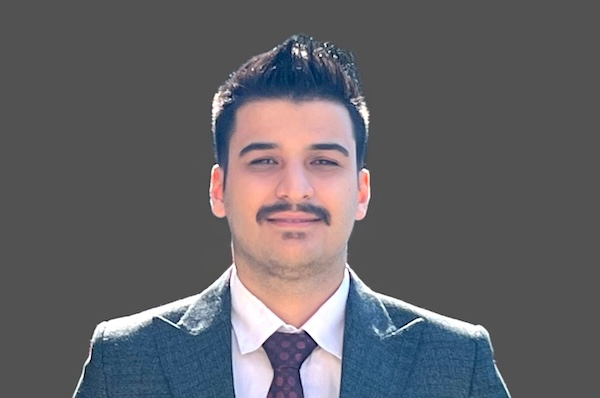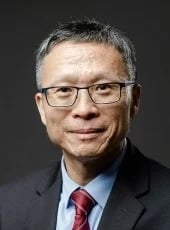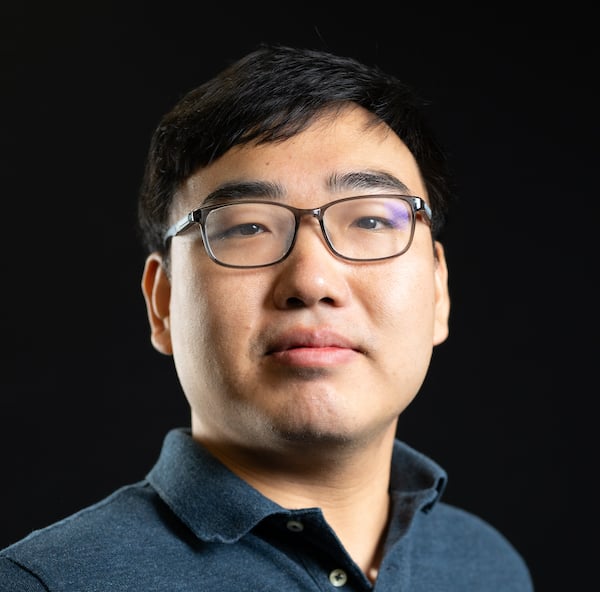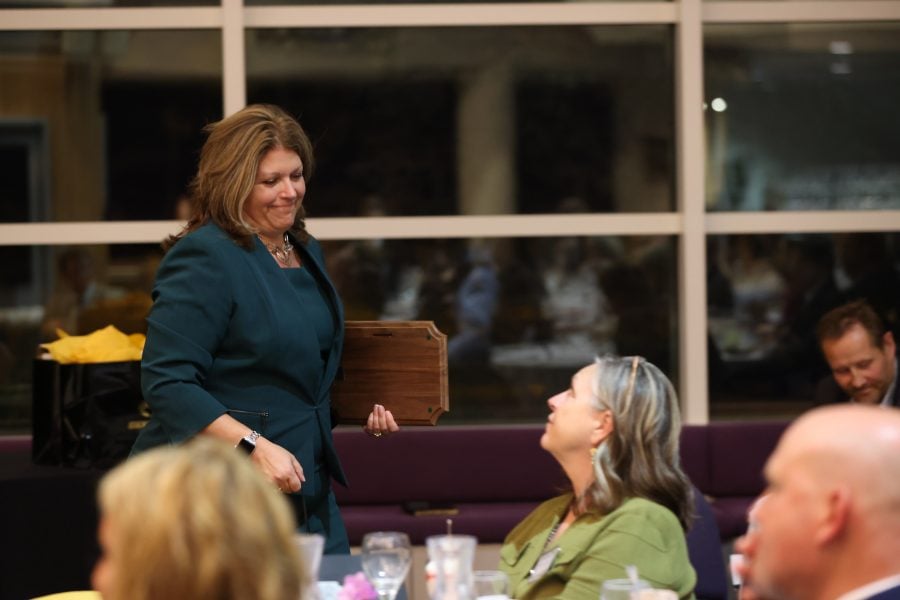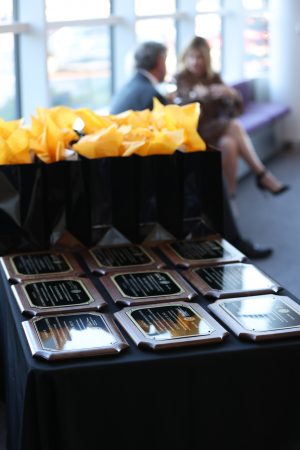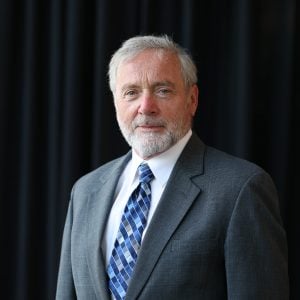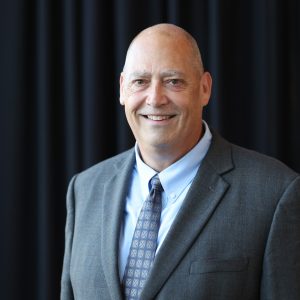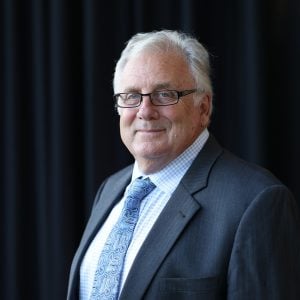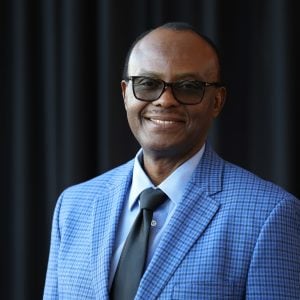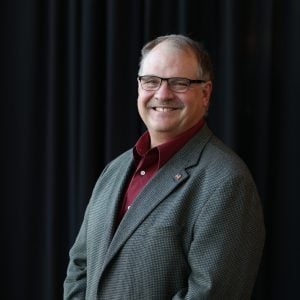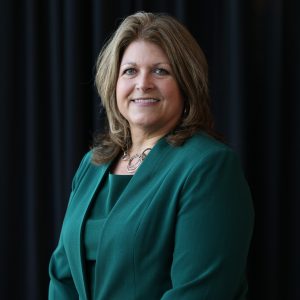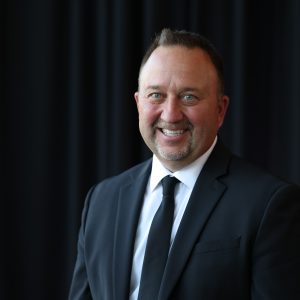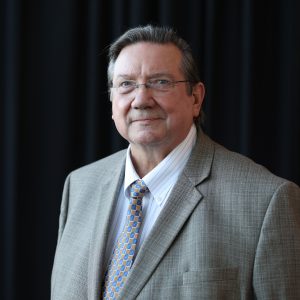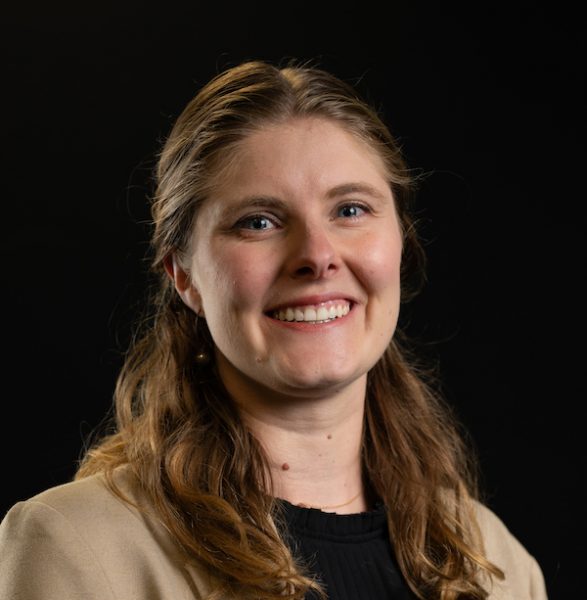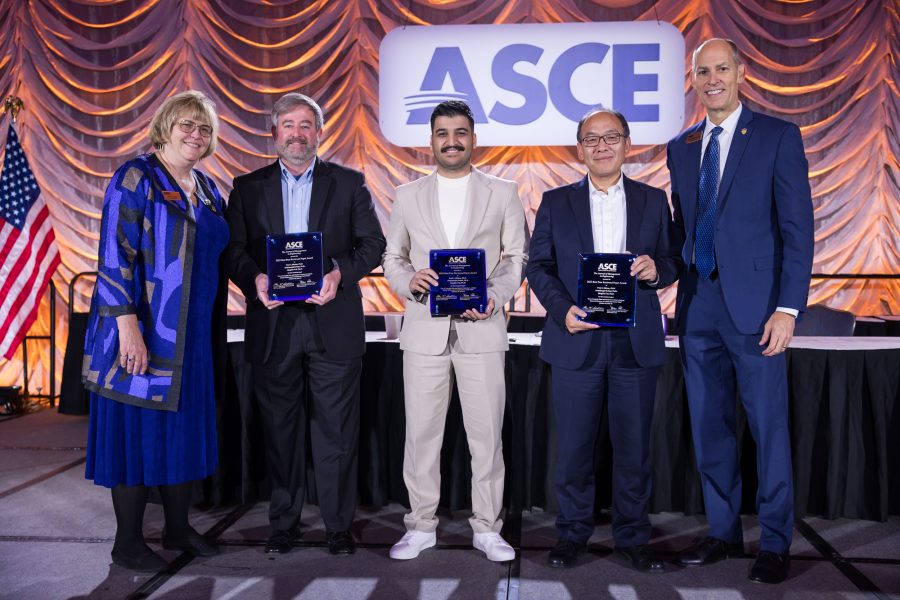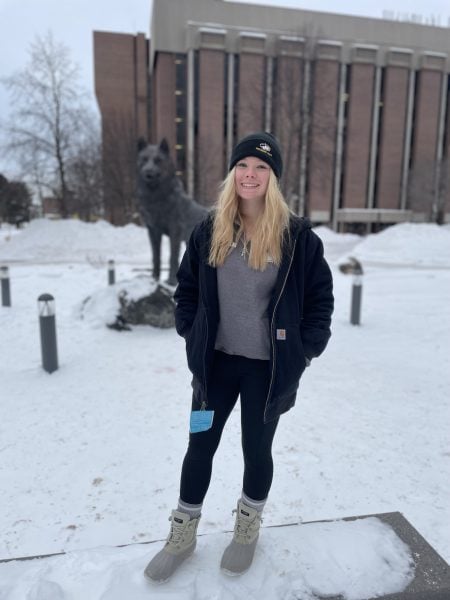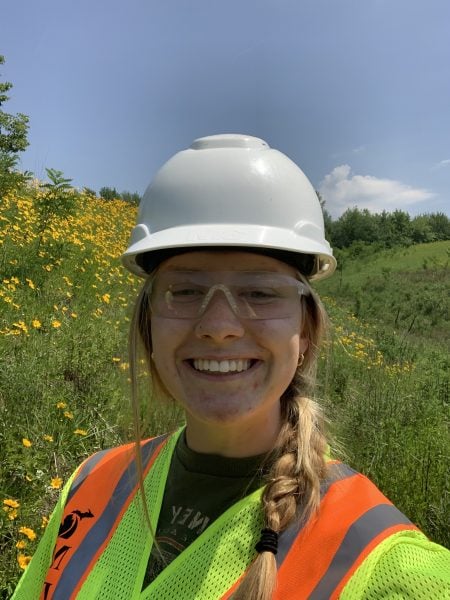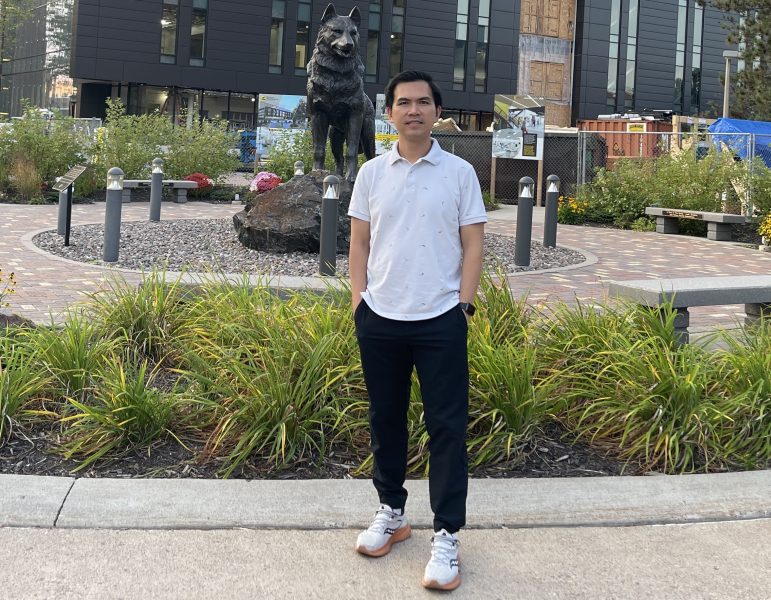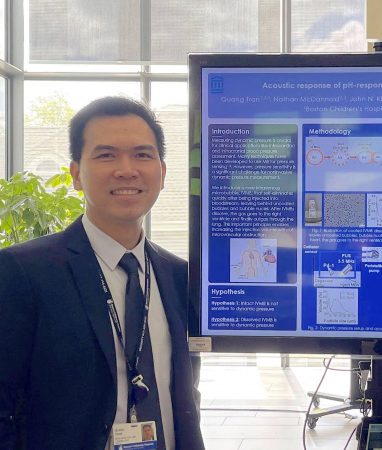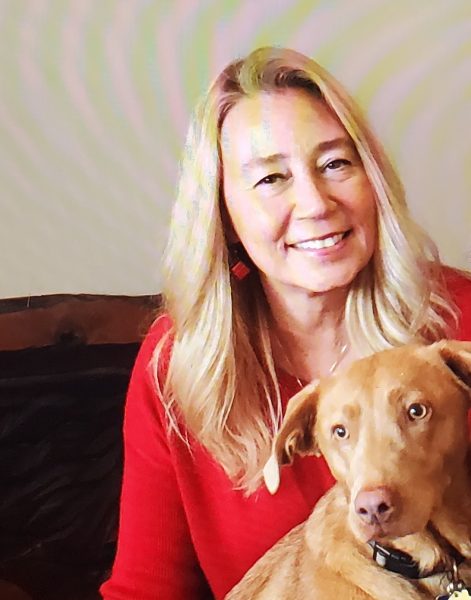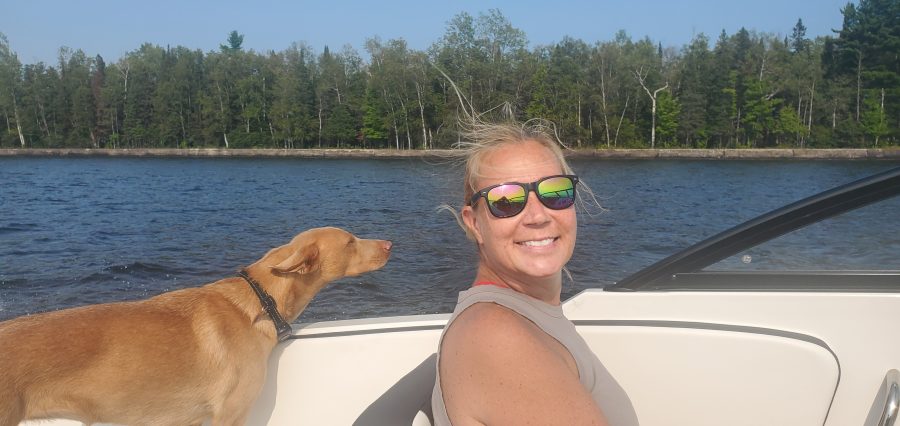Dr. Abdolmajid Erfani, assistant professor in Civil, Environmental, and Geospatial Engineering, in collaboration with Zihui Ma, Qingbin Cui, and Gregory B. Baecher, University of Maryland, has been selected by ASCE’s Construction Institute to receive the 2024 Thomas Fitch Rowland Prize for the paper “Ex Post Project Risk Assessment: Method and Empirical Study,” Journal of Construction Engineering and Management, December 2022.
The award, which consists of a plaque, will be presented during the Society’s CI & CRC Joint Conference in Des Moines, IA, March 20-23, 2024.
In the award of the prize, preference is given to papers whose author or authors describe in detail accomplished works of construction or which are valuable contributions to construction management and construction engineering.
Dr. Erfani’s research includes data-driven infrastructure management, project delivery and procurement, smart construction, and risk management.
From the Abstract
Project risk is an important part of managing large projects of any sort. This study contributes to the state of knowledge in project risk management by introducing a data-driven approach to measure risk identification performance using historical data. It investigated the quality of early risk registers and risk assessments on large transportation projects and compared them to how the identified risks evolved on historical projects. The investigation involved the use of textual analysis of archival risk register documents.
A project team with positive doer behavior (i.e., actively monitoring and identifying risks during project execution) performed better in delivering projects on time and within budget.
“Ex Post Project Risk Assessment: Method and Empirical Study”
Journal of Construction Engineering and Management
Volume 149, Issue 2
https://doi.org/10.1061/JCEMD4.COENG-12588
